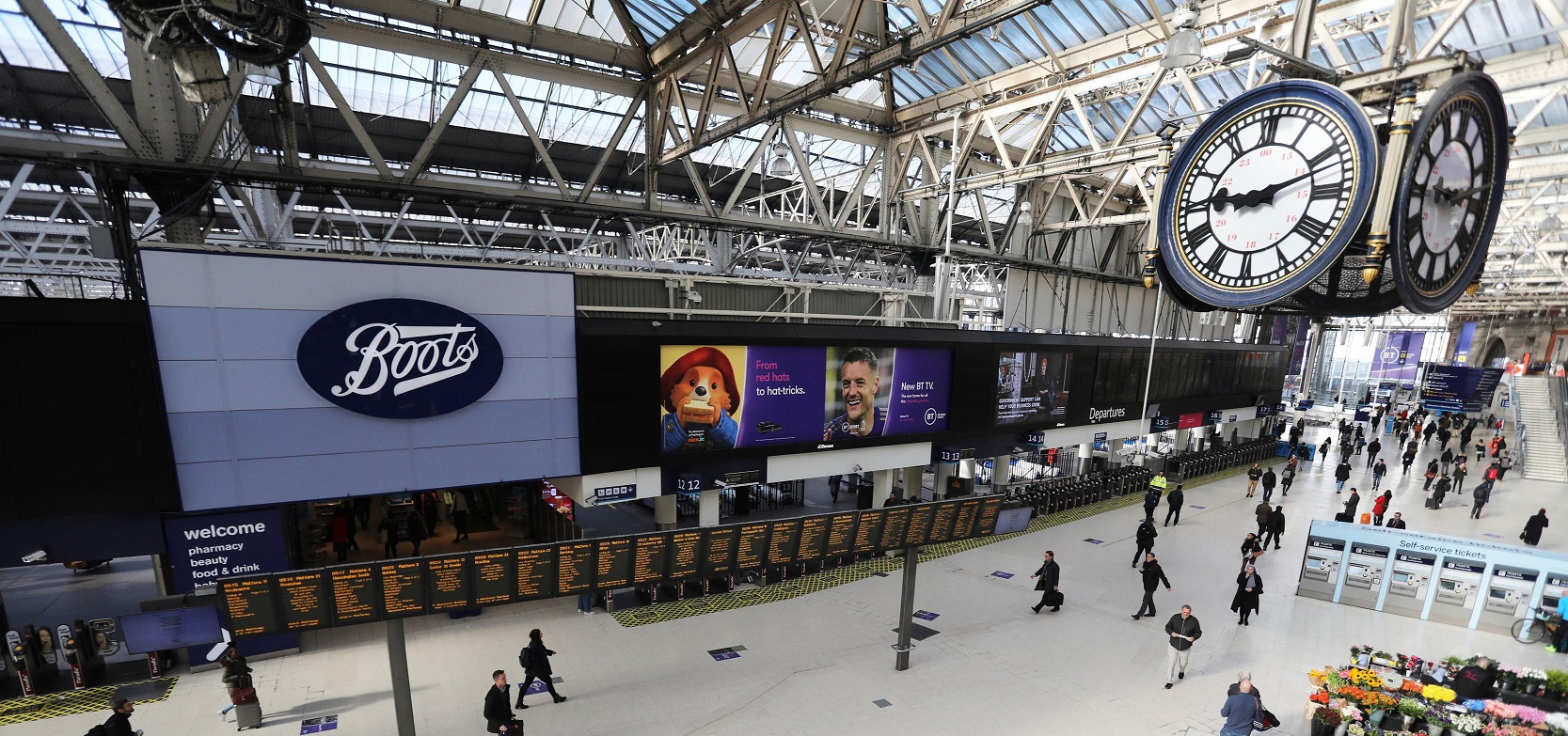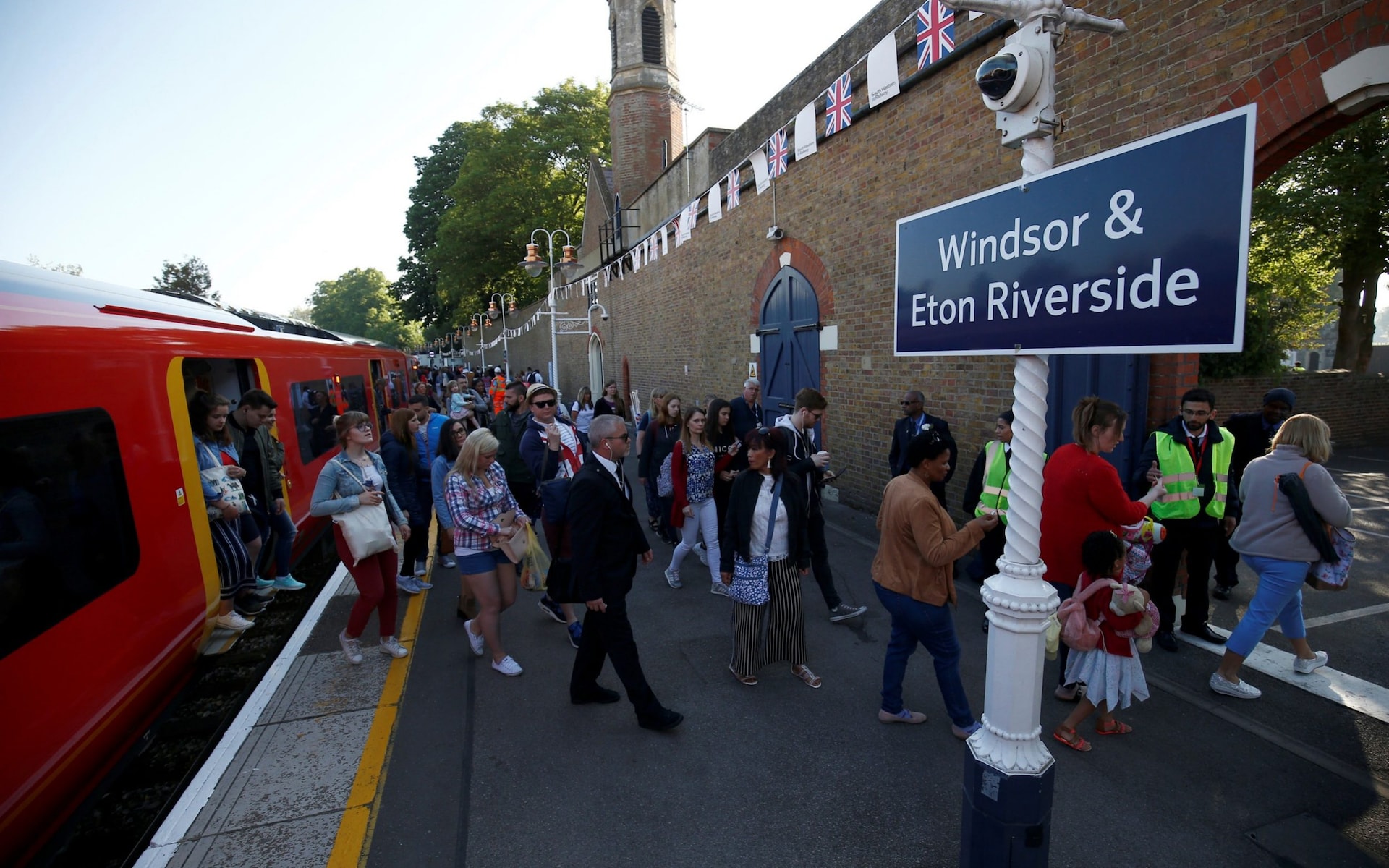The Institute of Economic Affairs (IEA), a Thatcherite think tank, has strongly criticised the government’s plans for HS2, the proposed high-speed rail link between London and the north of Britain.
The trouble with the IEA’s paper is that it criticises how HS2 is being procured but does not make a positive case for reform.
The IEA argues that the beneficiaries of new infrastructure include politicians, officials and their contractors. These people have strong incentives to skew the system to make expensive schemes progress whilst the inflated cost is passed to the taxpayer and increased fares. Some infrastructure will be a good idea (like the M25) but others less so (like HS1). Either way, it’s a tails they win and heads you lose model. No wonder nobody believes the business case for HS2: the Secretary of State is in the impossible position of being judge and advocate in his own cause.
The WLR offers a way out of this conflict of interest by better aligning risk and reward. It differs from schemes promoted by local authorities or transport consultants because the company promoting the scheme, rather than the taxpayer, bears the risk if it goes wrong. And if it goes well, then train users get more innovation and better journeys at lower fares.




